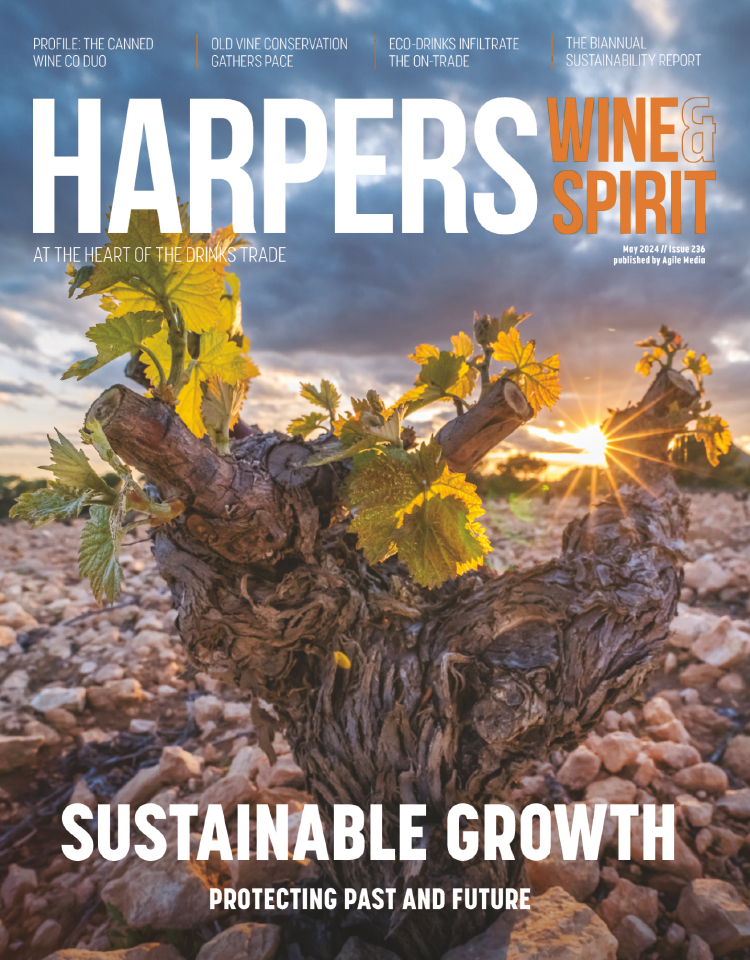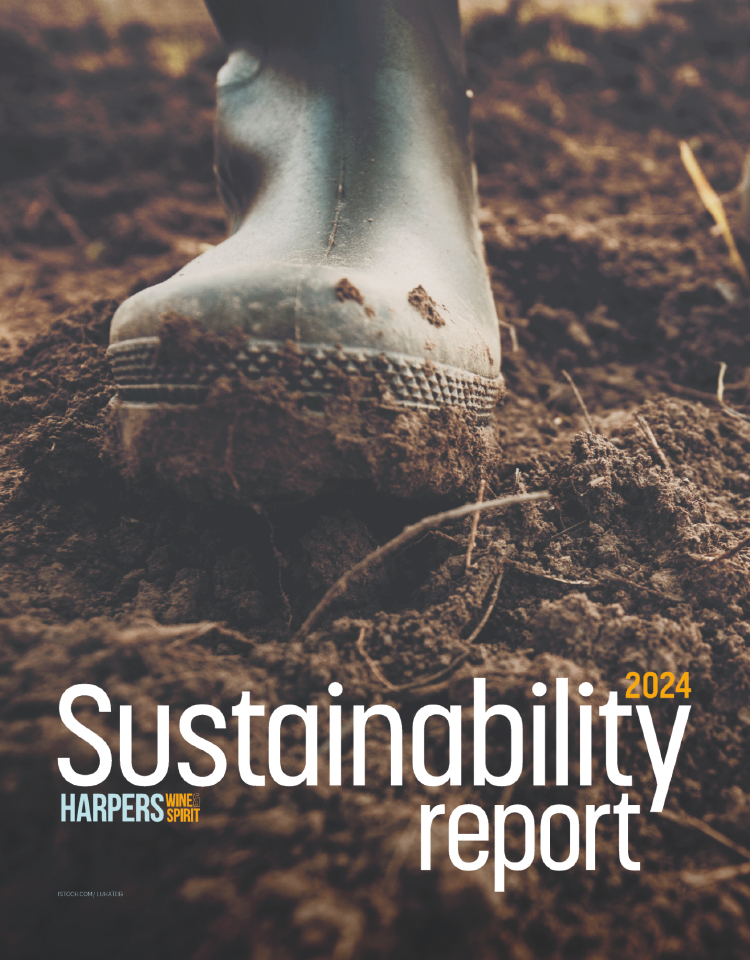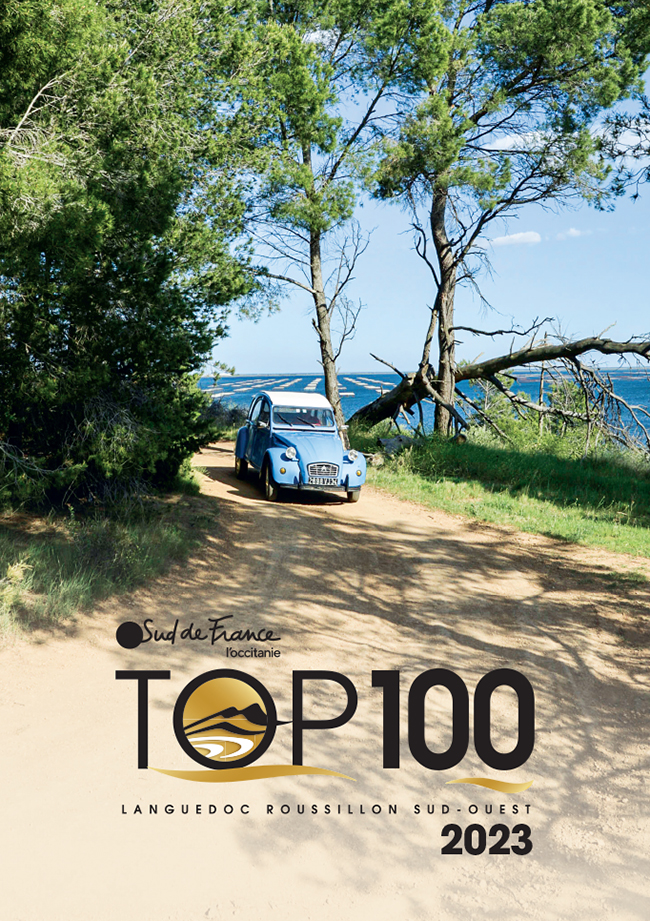
Exclusive: Domaine Bargylus reveals what life is like as Syria's only winery
"It makes me very sad that I can't go there," says French oenologist consultant Stephane Derenoncourt speaking from Beirut yesterday. "You have no idea what is like to make wines by [looking at] photographs, and emails and receiving grapes [samples] by taxi. This is not how it is supposed to be done, but this is our baby. We started from scratch and now we are working with exciting terroir that will one day be famous all over the world. I know these wines can age and I want to be able to taste the war vintage in 15 years."
Derenoncourt was speaking at the Beirut branch (the only one outside Paris) of Les Caves De Taillevent, where the owners of the Syrian Domaine Bargylus, Sandro and Karim Saadeh, hosted a vertical tasting of reds and whites from 2006 to 20010. It was also, rather poignantly, an occasion for the pair, who also own the Lebanese Château Marsyas in the Bekaa Valley, to reflect on the challenges of making wine in a region that is the currently the center of world attention.
"Some of the wines we are tasting tonight have taken days to reach Beirut on a journey that should take eight hours at the most," said Sandro Saadeh.
This was, however, the least of their problems. Two weeks ago, fighting in Syria's civil war was less than 500 meters from the winery. "All the workers fled and we were concerned for the winery, not only from it being caught up in the fighting but from the threat of vandalism," he explained. "Four our workers tried to stay in the area by hiding in the woods, while the Syrian army made a renewed effort to take on the rebels. Can you imagine the Islamists had made it into the premises?"
Saadeh also revealed that nearby village from where Domaine Bargylus regularly hires its harvest workforce, "quite literally emptied" one week before the first picking, which began on September 5 for the Chardonnay. "Luckily they returned to their homes in time to begin work. If they hadn't, of course we could have brought in other workers but it would have cost us more. These are the facts of life of making wine in this region at the moment."
In July Harpers reported that the Saadehs were having to go to extraordinary lengths to get their wines from the then relatively peaceful Jabal Ansarieh to Europe. Before the Syrian civil war, the wines made the simple overland journey to the Lebanese capital of Beirut but now they have to make a mind astonishingly complicated journey via the port of Latakia in Northern Syria to Port Said in Egypt and then back to Beirut, before being shipped on to Belgium.
The Saadehs now say they are shipping much of the wines to Belgium earlier that they had planned. "It is simply case of being prudent. We never know when we can get the wines out next. The roads are not easy but we are confident that in the next two weeks we can do what we need to do. At the moment we happy with our stock situation."
The brothers' overall rationale is simple. "We cannot give up even in the heaviest fighting," he said. "We want to encourage others to follow our path and make [Syria known for] high quality wines. The market, and our reputation, cannot grow if there is just one player. We are a centuries old society and we have a duty to set an example of hard work and innovation and lay the foundations for an industry that we hope will one day be as exciting and vibrant as Lebanon and add another layer to people's perception of the Middle East," adding "We have proved that with the right terroir and a high level of expertise, Syria can produce wine to match the best in the world."
The wines of Domaine Bargylus - the reds are a blend of a Cabernet Sauvignon, Merlot and Syrah and the whites are made with Chardonnay and Sauvignon Blanc - are the first from Syria to have won international respect.






